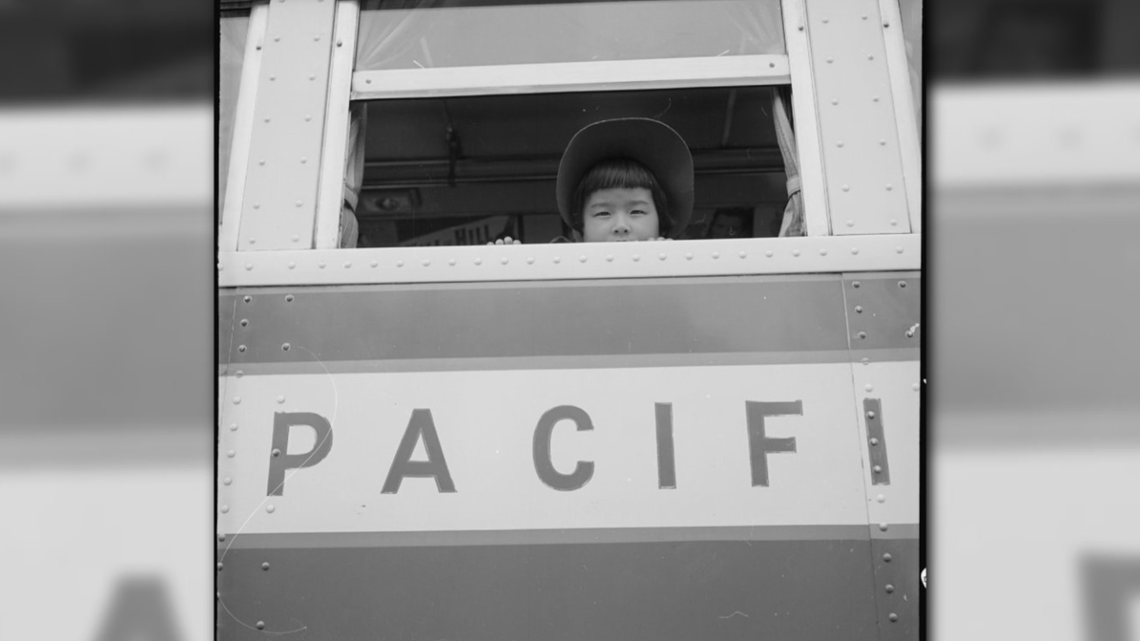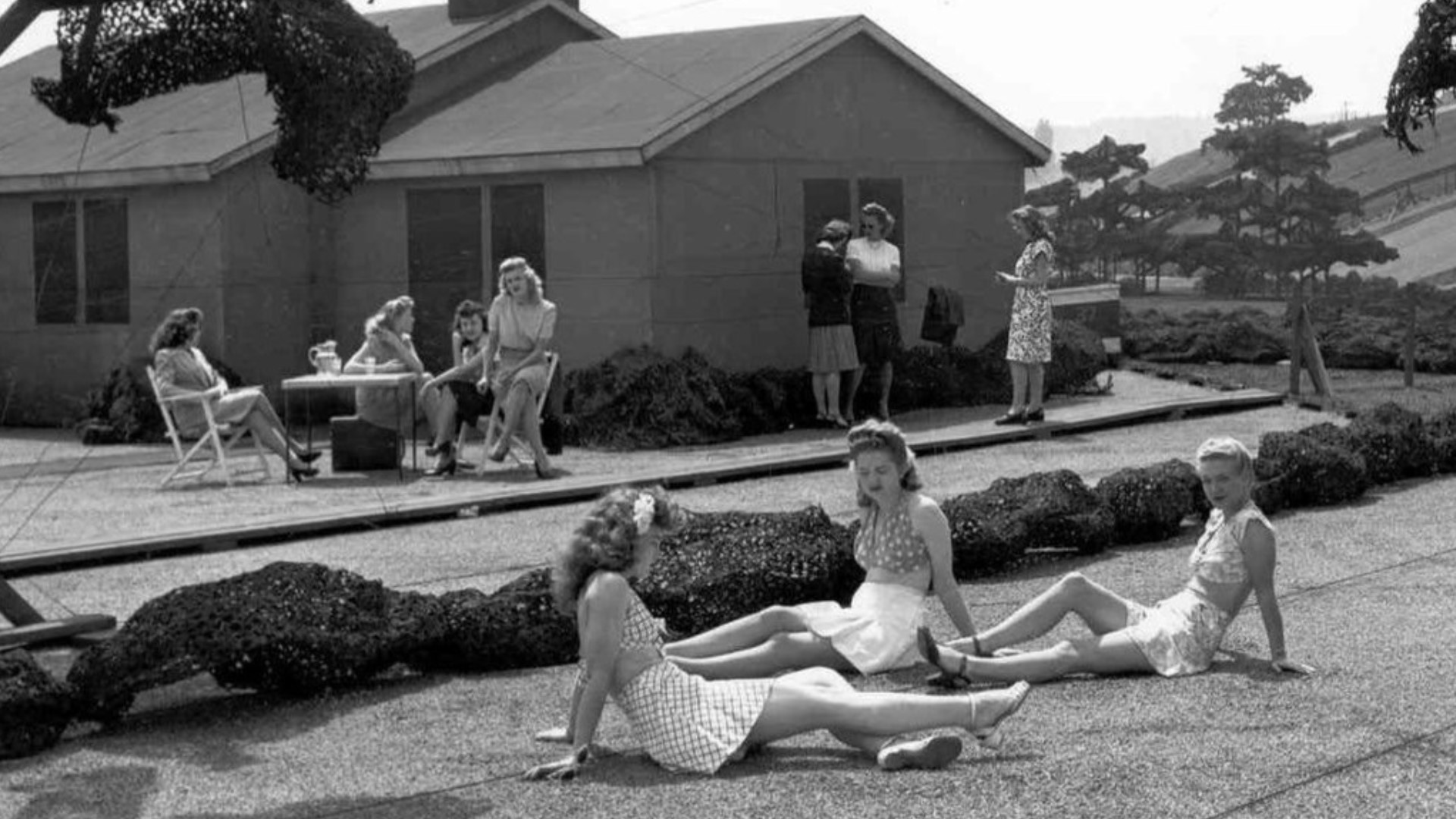SEATTLE — On September 2nd, 1945 the United States and Japan signed the official treaty in Tokyo Bay, ending World War II. It was a war that would have a lasting impact on the whole country - positively and negatively.
We learned much about patriotism, selfless sacrifice, and coming together for the common good. But we also learned about racism, fear, and constitutional rights as the government put Japanese Americans in internment camps.
Historian Feliks Banel gave us a glimpse of the major role Washington State played in the war, from rations to air raids, fake cities to internment camps and all the B- 29's in between.
"The war was really a huge economic boost after 10 years of the Great Depression. It was pretty much full employment. Shipyards were building ships, of course, Boeing was famously building the B 17 bomber, which helped win the war in Europe and a big factory along the Duwamish River that very famously, didn't just have a regular roof. They put a little fake town on the roof of the factory to disguise it. So it was sort of overhead camouflage." (Feliks Banel, historian)
Densho, a Seattle website houses and makes accessible the oral histories and digital archives that chronicle Japanese American incarceration during World War Two. The project is designed to share and promote equity and justice.


"I think the big takeaway for World War II is you don't violate people's constitutional rights just because we're at war. You never sort of never crossed the line me that it's almost it's most important to observe the constitution when it's hardest to do so. Because all that stuff was eventually found to be wrong, the government was found to be an error and to be unconstitutionally rounding up American citizens for no other reason other than their ethnic background, and you just can't do that and still call yourself the United States of America." (Feliks Banel, historian)
Segment Producer Suzie Wiley. Watch New Day Northwest 11 AM weekdays on KING 5 and streaming live on KING5.com. Contact New Day.

